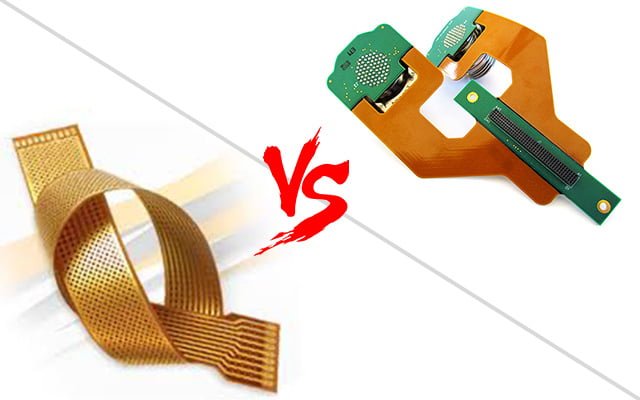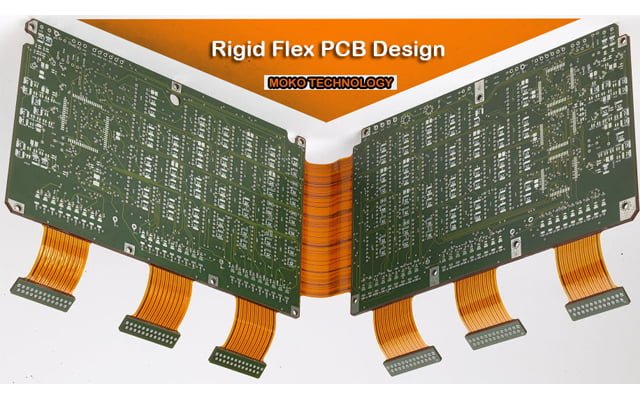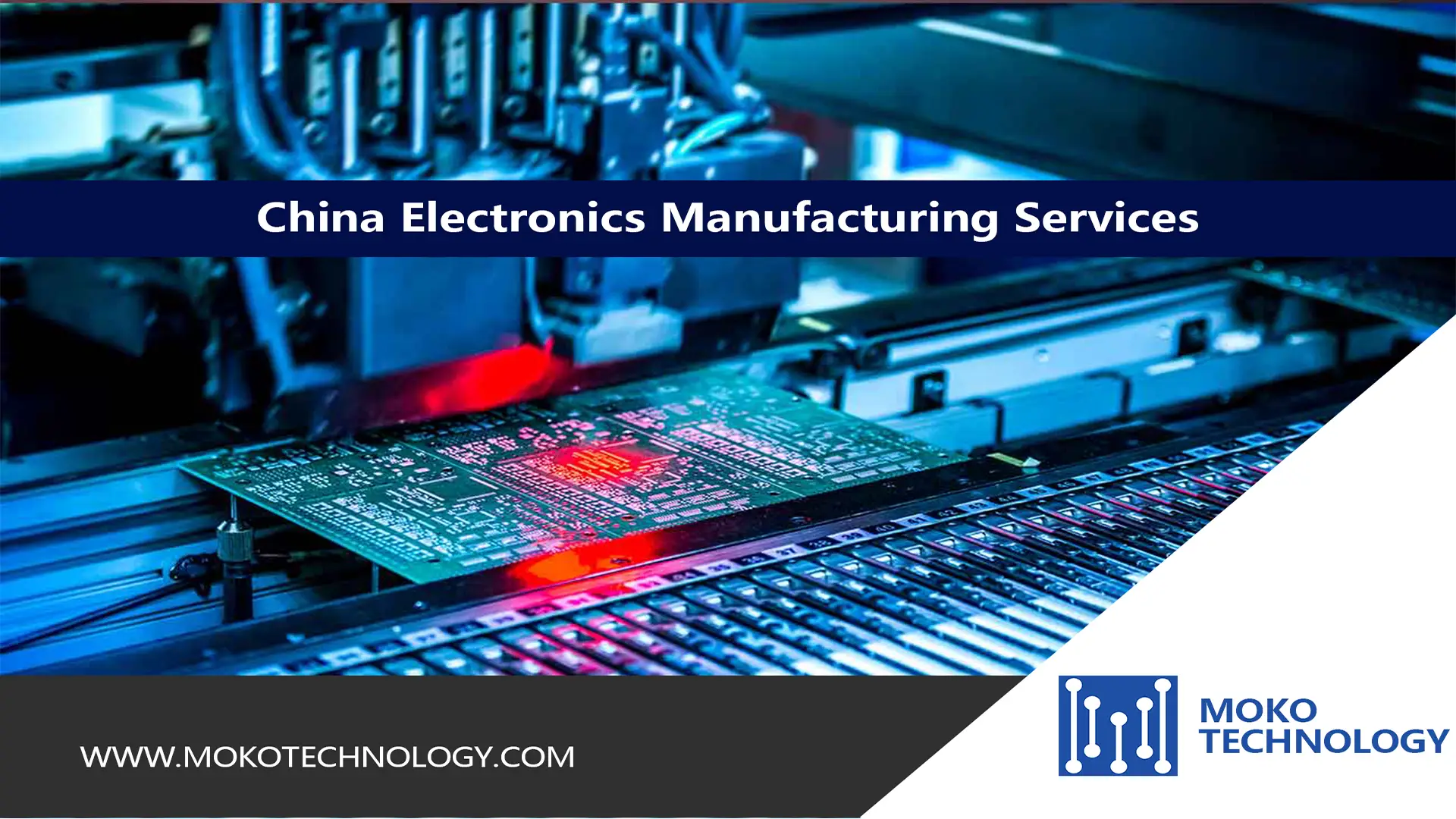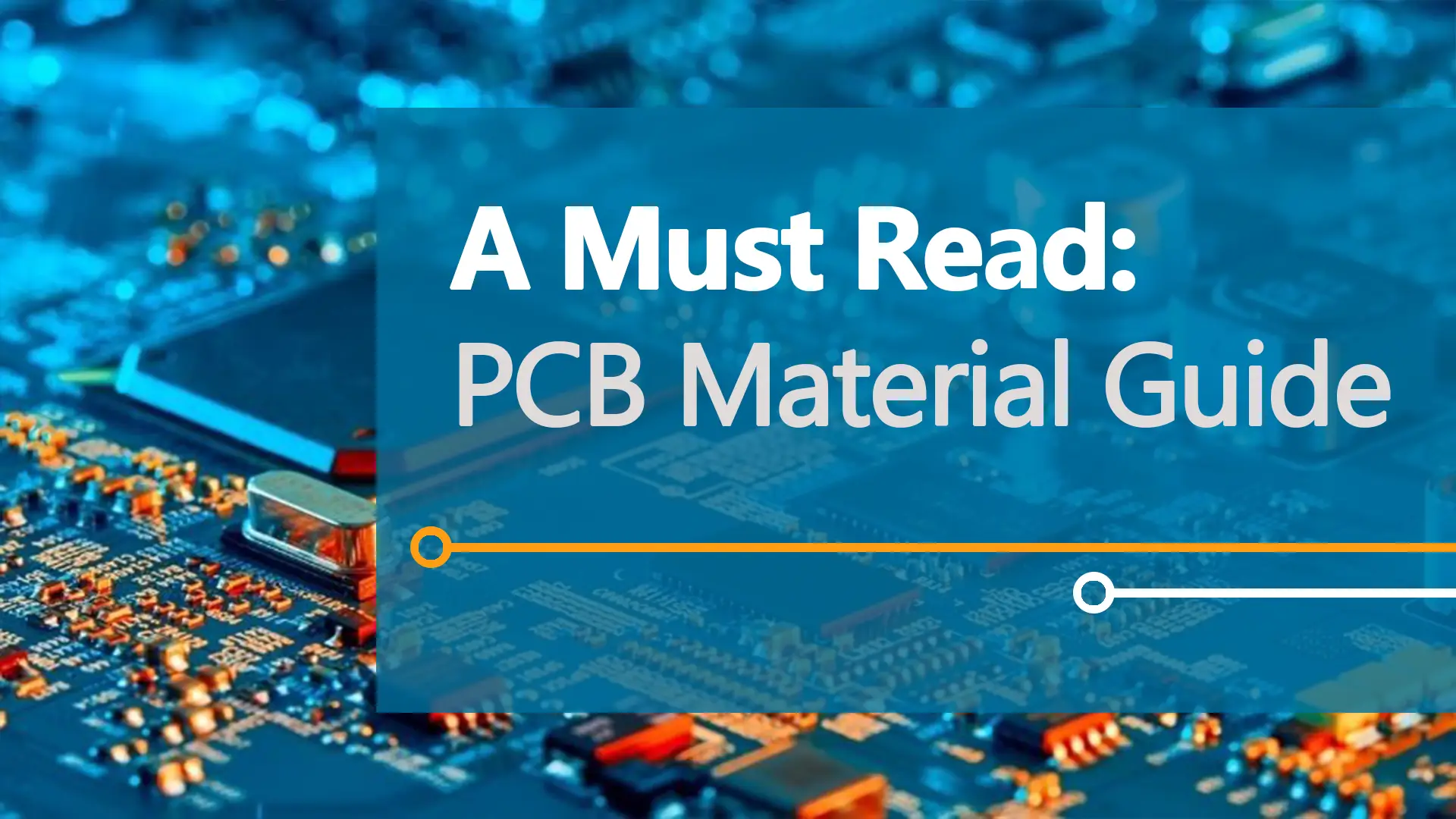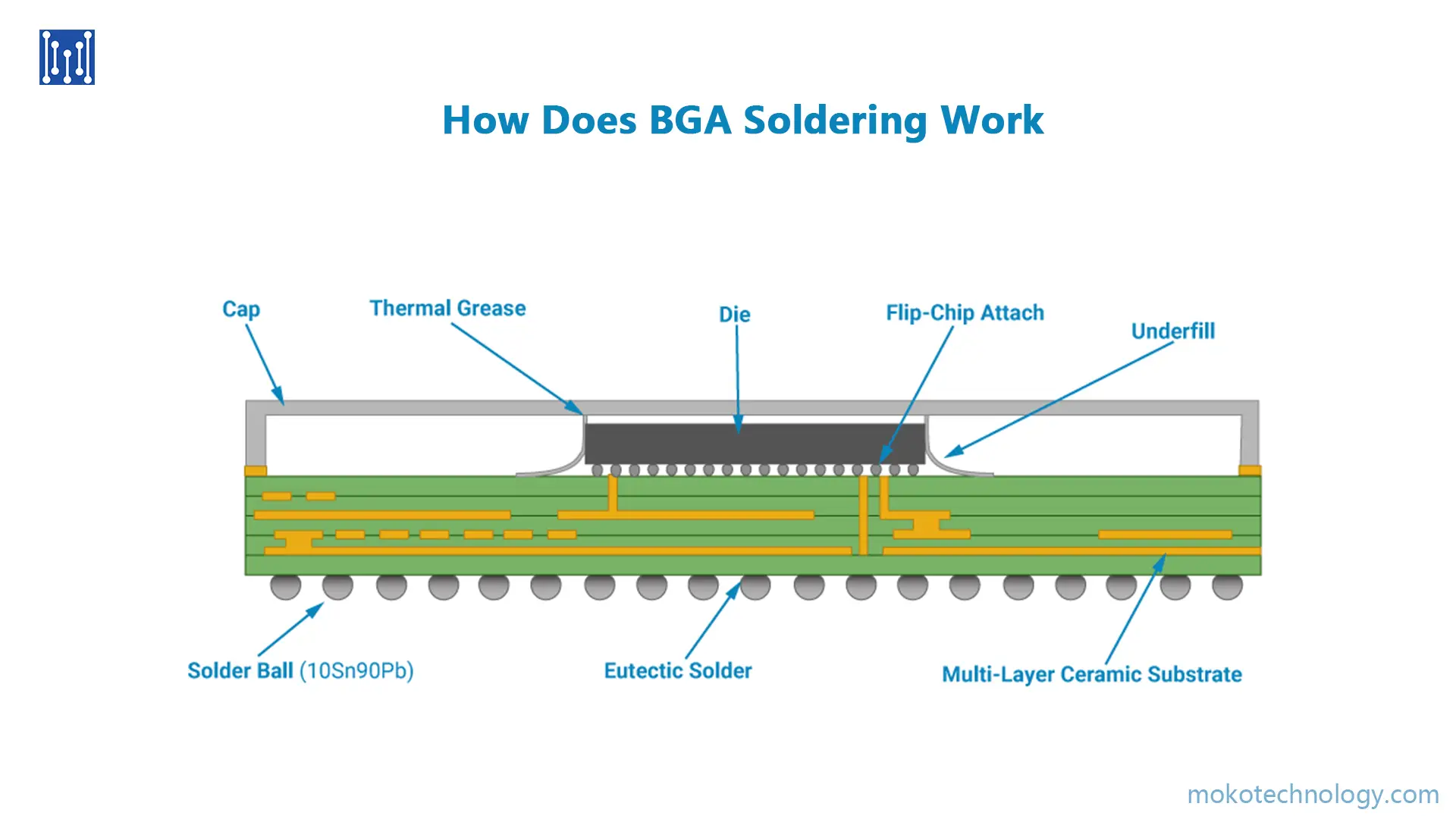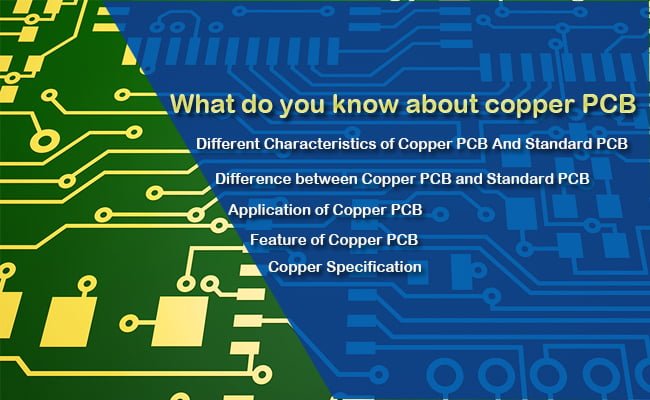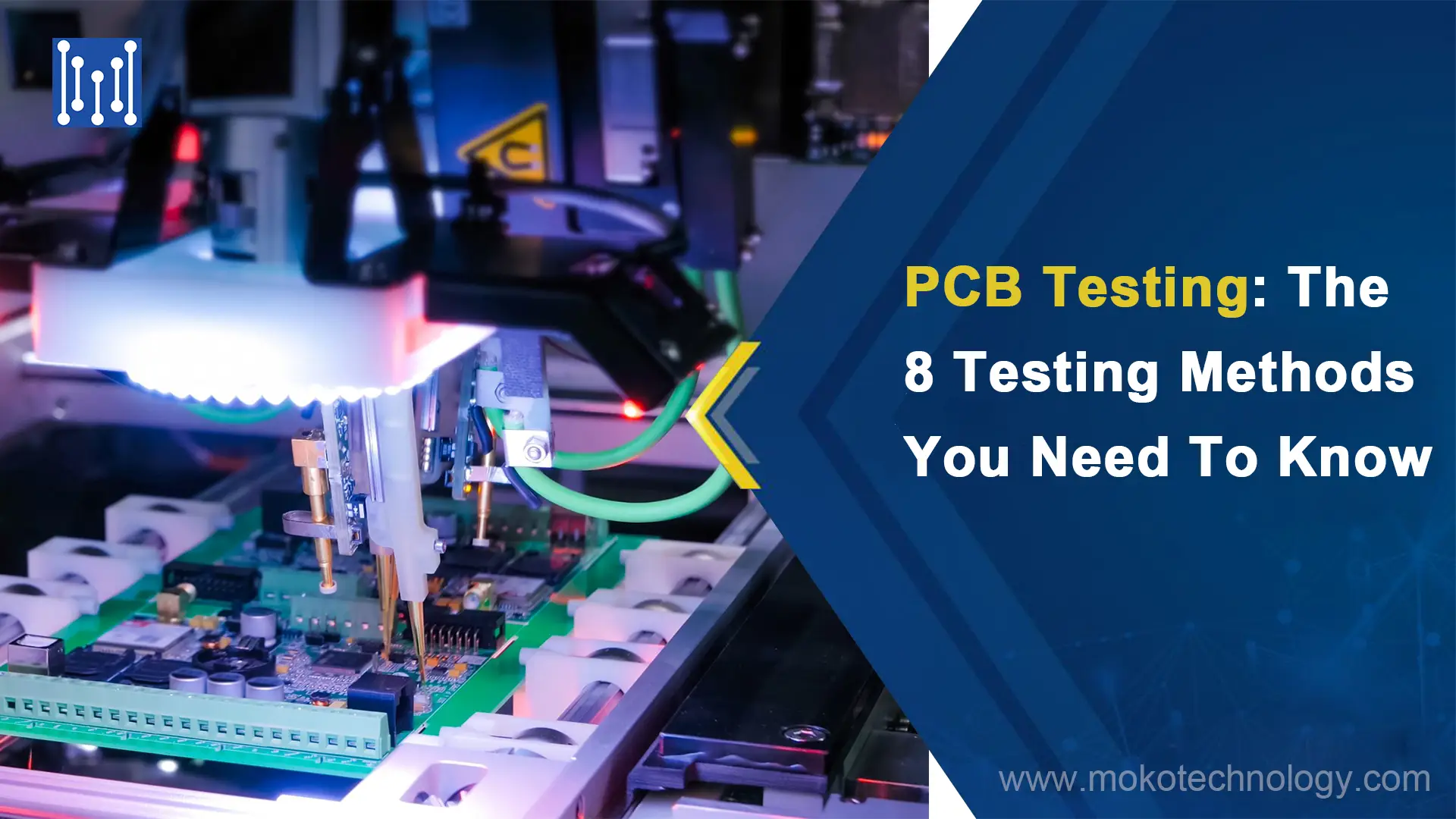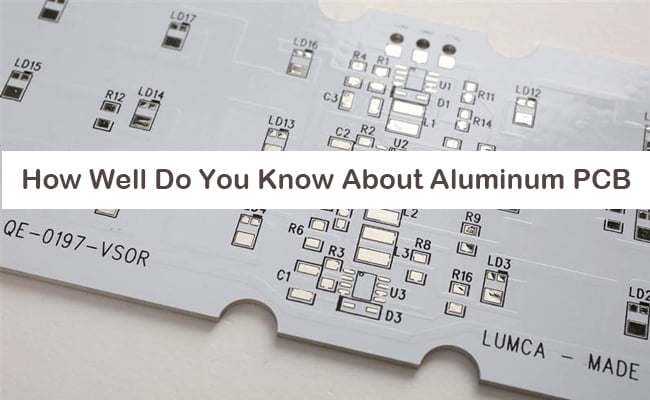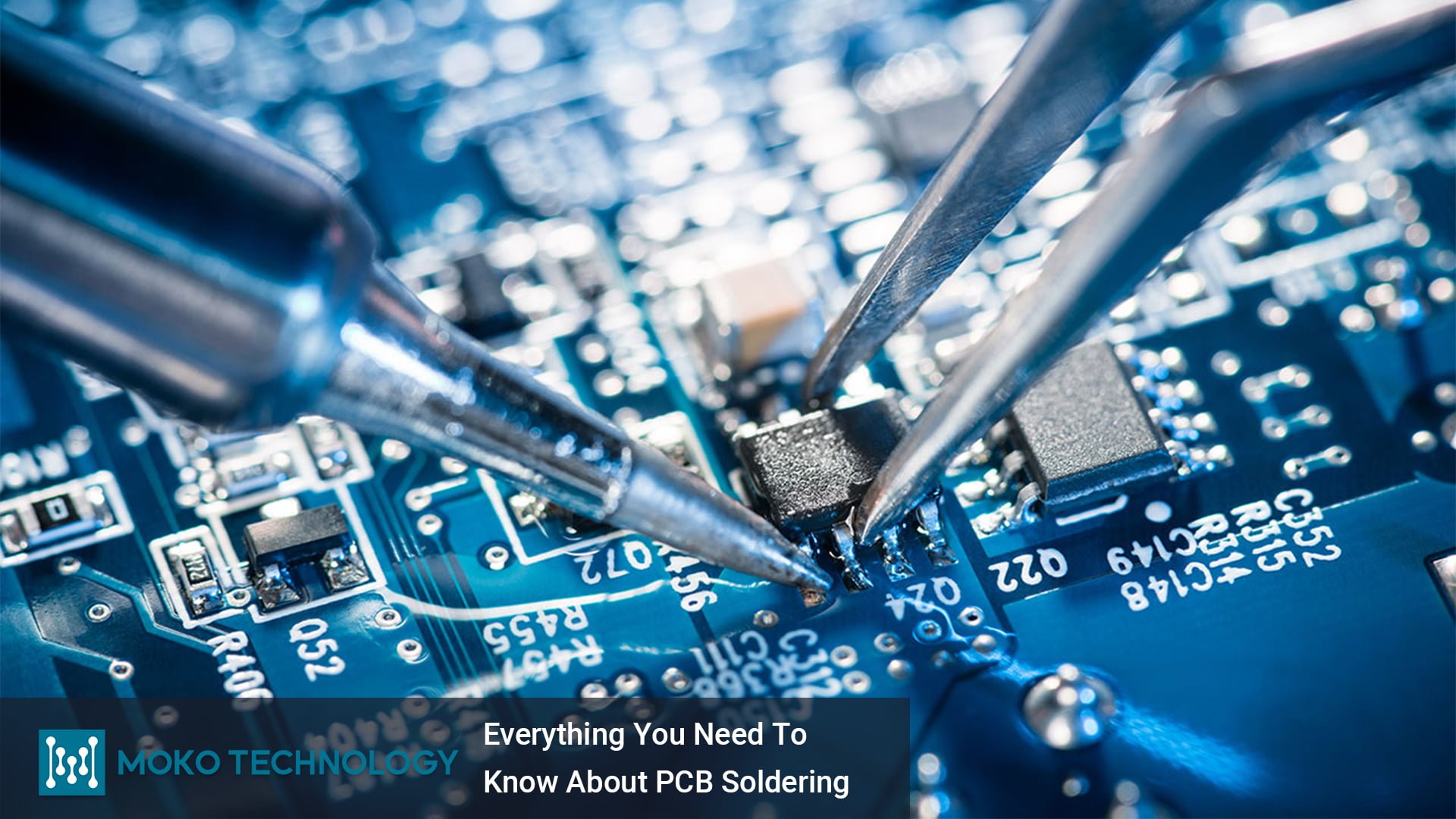Rigid Flex PCB vs. Flexible PCB
Rigid vs. Flexible PCBs: Which One is Best? A rigid-flex printed circuit board (PO) is a half and half circuit board plan that incorporates components from both hardboard and flexible circuits. Rigid-flex PCBs are rigid at certain focuses on the board and flexible at others. Along these lines, rigid-flex PCB can be collapsed or consistently…
Rigid Flex PCB vs. Flexible PCB Read More »
